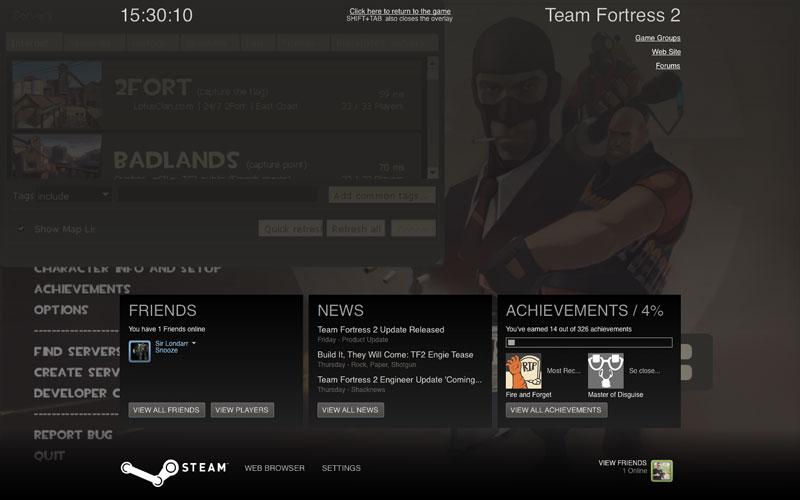

Steam Guard essentially acts as a form of "User Rights Management," where you as the user have greater control over access to your stuff. You will also be notified if any login attempts from computers other than those you've authorized occur. A special access code will be sent to your contact email address, and this code must be entered into Steam before your first login on an unfamiliar computer is complete. With Steam Guard enabled, anyone attempting to login as you from an unrecognized computer must first provide additional, one-time authorization. As a Steam account holder, you can now take advantage of this additional level of account security, further prohibiting others from gaining access to your account.Īs a beta participant, once you've verified your email address with Steam, Steam Guard becomes available for your use and is enabled for your Steam account by default. Steam Guard, a new Steam account security feature offering two-factor authentication, is now available in beta. Valve's own Portal 2, set to release in mid-April, uses this newly updated system to enable voice chat in its cooperative gameplay mode. Steam chat with SILK is now also automatically available for all games that take advantage of the Steamworks Voice API. You'll find voice chat connectivity and reliability have also been improved with this release. You can access chat from both the friends list at the desktop, or while in game using Steams in-game overlay.

To start using Steam chat with SILK, simply click the 'Start Voice Chat' button within a friend or group chat on Steam. Steam Voice used to require 15 kbps of bandwidth, whereas SILK is a dynamic bit rate protocol which varies in its use of bandwidth between 8 and 30 kbps, depending on the range of data in the voice signal and current network conditions.Īs of today's Steam client update, voice chat using SILK is available to all users of Steam. The SILK codec provides a significant quality improvement over Steam's previous voice technology, at the cost of some increase in bandwidth usage. Steam's voice chat system now leverages the SILK audio codec, developed and used by Skype, makers of the world's most popular voice communication service.


 0 kommentar(er)
0 kommentar(er)
